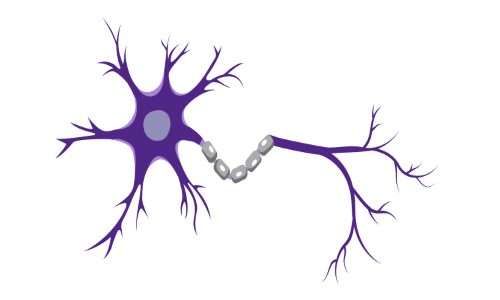
Live – Acceptance as Change: The Power of ACT and DBT Combined
Open to access this content

Open to access this content

Open to access this content

Open to access this content

Open to access this content

Open to access this content